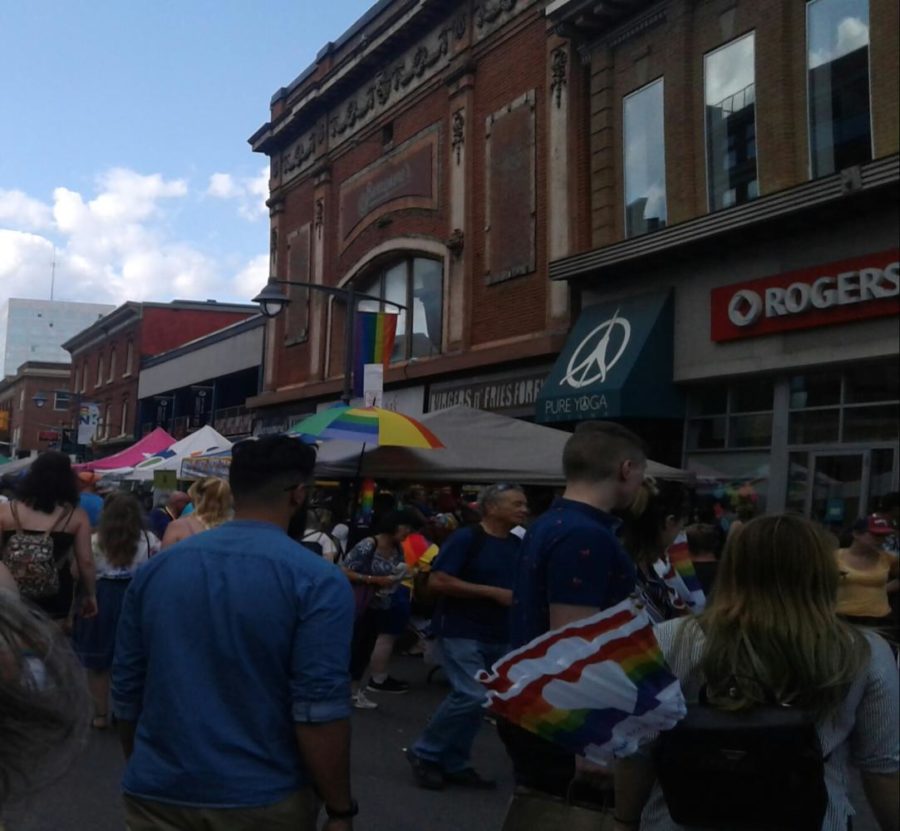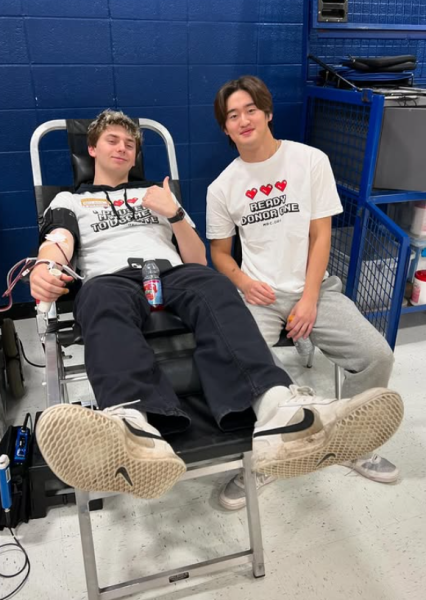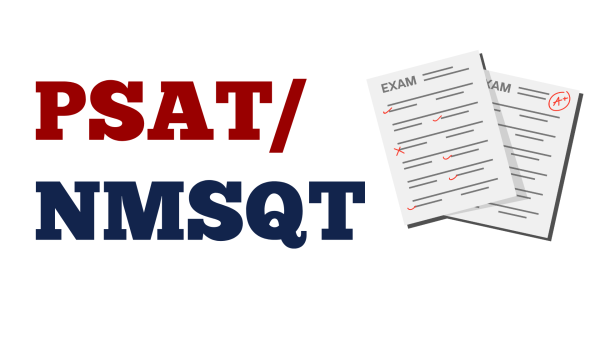What National Coming Out Day Is About
National Coming Out Day (NCOD) on Oct. 11 is a day that celebrates the act of “coming out” for LGBTQ+ community members. It unifies the community by offering a common feeling centred around something that never gets easier no matter how many times someone does it: coming out to one’s family, friends or community.
Coming out is a shortening of the phrase “coming out of the closet,” meaning that someone reveals their identity to one or more people. This identity can be their sexuality, their romantic preferences or their gender identity. It tends to be an extremely nerve wracking process, as it can be hard to tell how the other person will react. Even when there’s an assumption that the person will react well, there is still a chance that it can go badly.
“NCOD is a day to celebrate coming out. For our LGBTQ+ youth, it is a day to celebrate who they are. For our allies, it is a day to celebrate alongside a community we support,” guidance counselor Jamie Menne said. Coming out is an extremely personal choice, and the only person who can decide to reveal their identity to someone else is themself.
It is important not to talk about someone’s identity without their express permission–something called “outing someone.” This can be extremely dangerous for some people, as it could jeopardize their safety at home or at school: children can be bullied by classmates or even kicked out of home by their parents. While 7 percent of the general youth population is LGBTQ+, about 40 percent of the homeless youth population is LGBTQ+, according to the True Colors Fund.
NCOD also celebrates the anniversary of the March on Washington for Lesbian and Gay Rights, which happened on Oct. 11, 1987, according to the Human Rights Campaign. From 1999 to 2014, NCOD had themes assigned to it, starting with “Come Out to Congress” and ending with “Coming Out Still Matters.”



























































